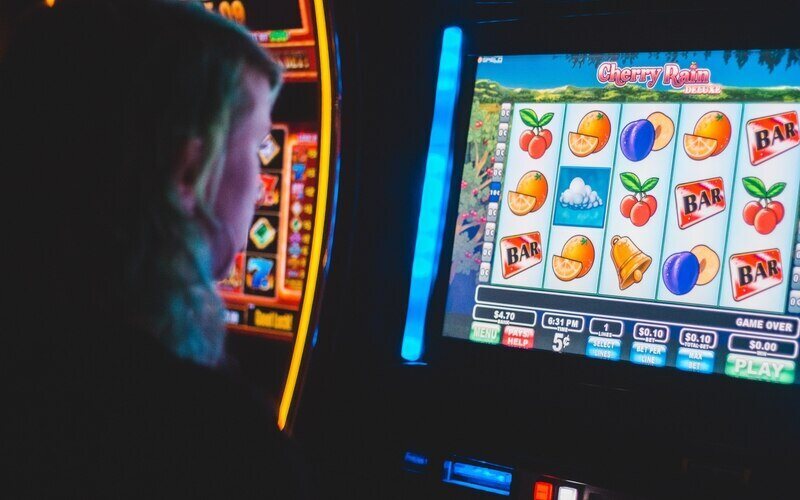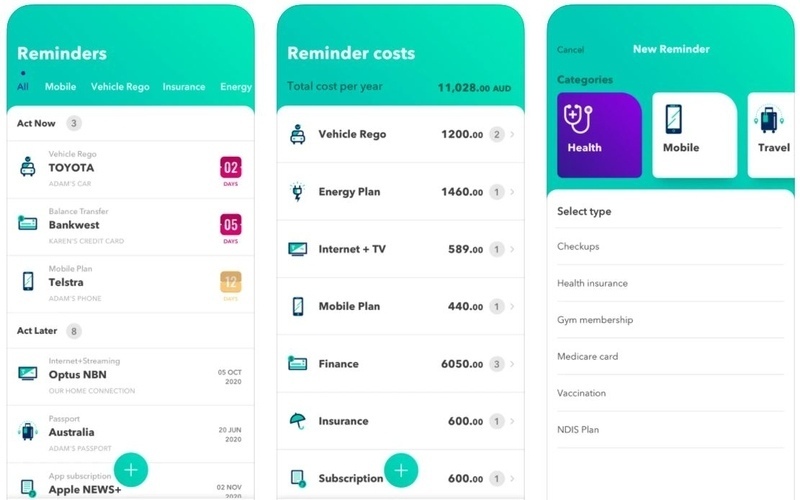The Australian dollar lifted 1% when trade opened this morning, before quickly whittling away some of those gains.
After hitting 68.68 US cents last week, the weakest closing level since 2016, the AUD hit an initial high today of 69.38 US cents, before settling to 69.01.
David de Garis, chief economist at the National Australia Bank (NAB) said the Australian dollar continues to be undermined by expectations the Reserve Bank of Australia (RBA) will cut interest rates in the coming months.
“The AUD has given back some of those initial gains ahead of the tantalising prospect of a speech on the economy and monetary policy from the RBA Governor Philip Lowe on Tuesday, with the market looking for confirmation of a firm monetary policy easing bias and the read through that June is ‘on’,” Mr de Garis said.
There’s already strong speculation the RBA will cut interest rates as early as June following an increase in the unemployment rate in April.
Morrison makes markets great again
Australian shares have hit their highest level in 11 years, with the big four banks and private health insurers leading the charge.
At the time of writing, Westpac shares were up 7.56% to $27.35, ANZ surged 6.85% to $27.62, CBA was up 5.63% to $76.93 and NAB lifted 7% to $25.60.
Bank shareholders having a good morning....#ausbiz #auspol pic.twitter.com/sxy0zCCuMq
— Scott Phillips (@TMFScottP) May 20, 2019
Analysts said bank shares were up because some of Labor’s policies would have potentially dented people’s earnings.
“The return of the Coalition represents continuation of the status quo, with few policies outlined in the course of the election that would impact the banks directly (with the exception of the First Home Loan Deposit Scheme),” analysts at JP Morgan said.
Morgan Stanley lifted the price target on all four big banks, with head of research Richard Wiles saying the unexpected election result has reduced the risks for the sector.
“For the banks, we believe tail risks have reduced in relation to credit quality, the mortgage market and the regulatory environment,” he said.
“We think the election result makes the status quo a more likely outcome and reduces some tail risks. However, it does not change the fundamental outlook for the Australian banks, which face challenging operating conditions and an uncertain regulatory environment.”
Private health insurers also saw strong gains in shares. Medibank was up more than 10% to $3.18 while NIB shares lifted 12.05% to $6.60 (at the time of writing).
Analysts had previously warned the private health sector would be disadvantaged under Labor’s plan to cap health insurance premium rises to 2% per annum for two years.
JP Morgan analysts had predicted the share market surge because of a range of Labor policies that would have been detrimental for investors, such as further pressure on the banks (increased levy, royal commission recommendations) and further pressure on house prices (negative gearing and changes to capital gains tax).
“While there is scant evidence at the index level of burgeoning political fears – ASX 200 year to date performance is the best in over 25 years – it would, nevertheless, surprise us if there wasn’t a market rally in the wake of this unexpected turn of events,” they wrote in a note to clients.



 Harrison Astbury
Harrison Astbury
 Harry O'Sullivan
Harry O'Sullivan

 William Jolly
William Jolly


